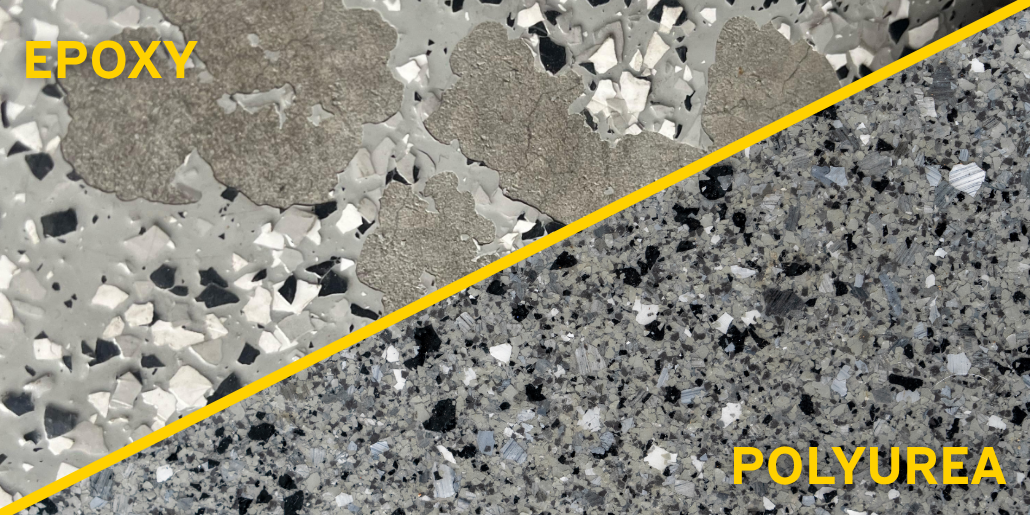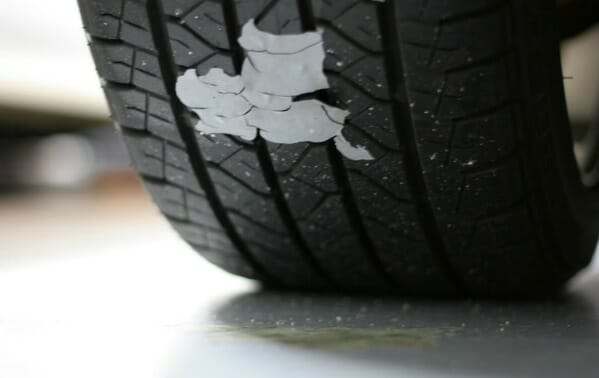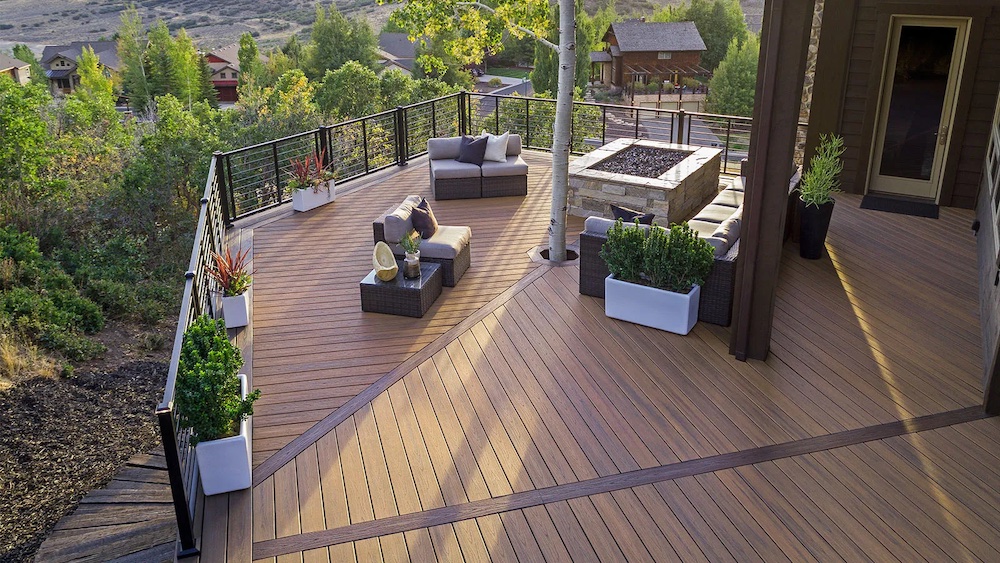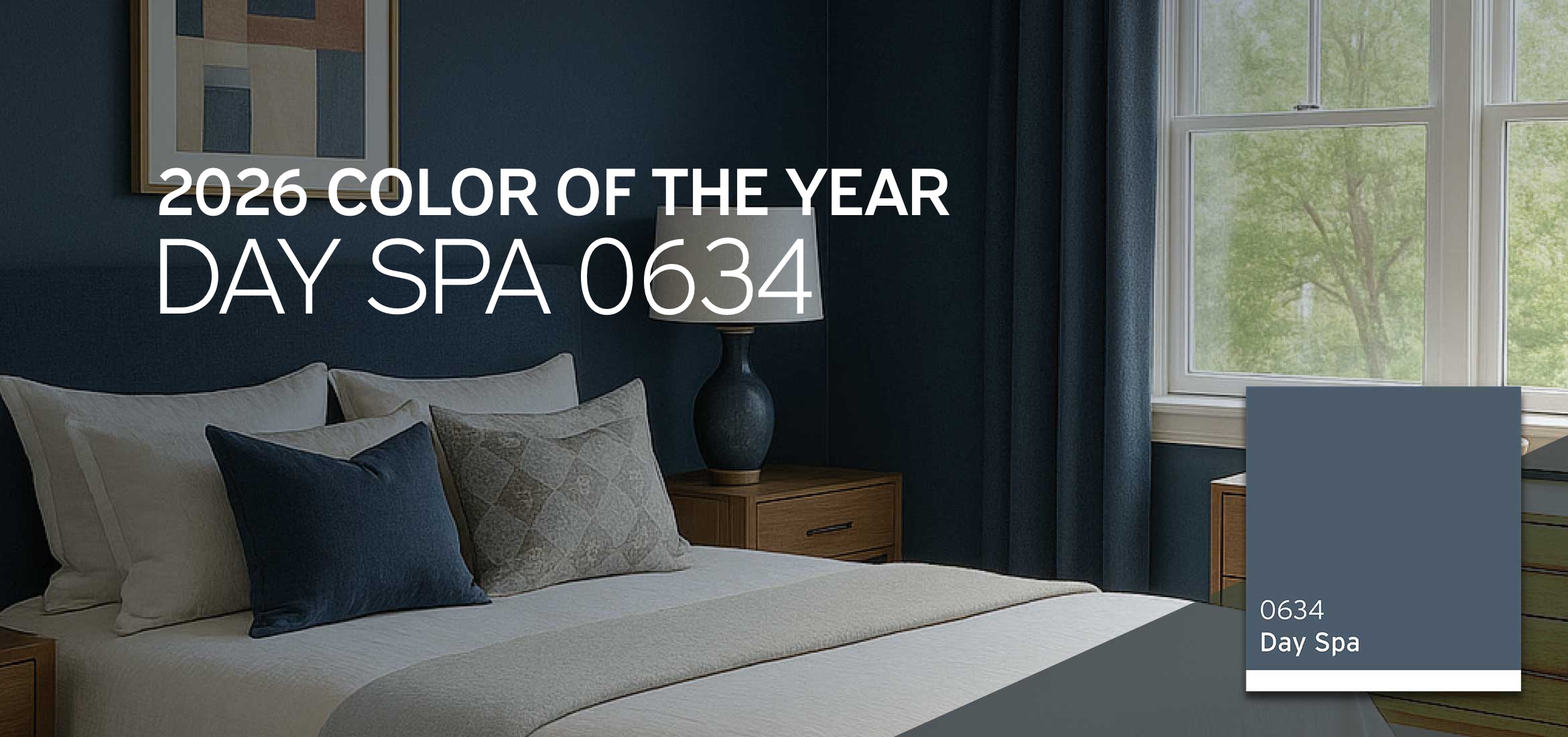6 Reasons Why You Should Never Use Epoxy On Your Garage Floor

Epoxy coatings have been the best available option for concrete floors for a long time. They're a satisfactory solution for many situations, offering some solid benefits that are tough to ignore.
Unfortunately, it's often assumed that if they're suitable for a huge warehouse, they MUST be right for a garage or driveway. But the times are changing!
For a few reasons, epoxy is NOT the best option for your garage.
Steer Clear of Epoxy on Your Garage Flooring
Let's take a look at why!
#1: Epoxy has Weak Adhesion
Compared to paint, epoxy has far stronger adhesion. Compared to Polyurea, it's not even in the same league. Polyurea comes with a lifetime warranty covering chipping, peeling, and delamination. You don't get that with epoxy.

#2: Epoxy Takes Multiple Days to Cure Fully
With epoxy, there are at least 5 days until you can drive on the floor. You are enough said—our system- 24 hours. With Polyurea, in 24 hours, you can drive and be back in business- quite literally, if you're a business owner! That would mean 5 days of a plant being shut while they "watch the paint dry." 5 days of keeping your kids and pets out of the garage without you parking in the garage and 5 days with all of your stuff that was in the garage somewhere else until this is done. That can feel like a lifetime. The long cure time increases the risk of bugs and other contaminants on your beautiful floor. 1-Day installations make Polyurea perfect for nearly all applications.
#3: Epoxy Fades
Sure, it's tough, but that super cool color your flooring company mixed will fade when it encounters UV exposure. That's a major bummer. That means no patios and walkways, and you should probably limit how long your garage door stays open. Polyurea is 100% UV stable. That means a lifetime warranty on UV stability.
#4: It Can Stick to the Wrong Places!
Let's say you park your car on it during a sweltering summer day. All that heat, plus the weight of your vehicle, can cause some of the epoxy to peel up with your tires when you leave. Hot-tire pickup is a massive cause of epoxy failure. Your option is to buy rubber mats and cover up your pretty floor. Polyurea mechincally bonds with your concrete, sending roots deep within the concrete. The concrete pulls up in an adhesion test. Seriously.

#5: Poor Flexibility
Epoxy never fully cures; it perpetually hardens, and the coating becomes increasingly brittle. This results in increased failure over the lifetime of the coating. With extreme temperature changes during the days/nights, epoxy cannot flex due to the expansion and contraction of the concrete. Polyurea is 10x more flexible than epoxy.
#6: Cooler Temp Applications Are Tough
Unlike other coating options, the weather has to be just right for epoxy to cure well. This greatly restricts the ability to apply these coatings in winter conditions. Polyurea can be used at temperatures below 32 degrees.
What's the Alternative? Check Out Polyurea Concrete Coatings
.jpg)
When we decided to branch out into concrete coating services, Polyurea was a purposeful, educated choice. Here are a few of the key reasons why it's a coating we can stand behind (and on):
- 4x Stronger Than Epoxy
- Cleaning Is a Snap
- Will Not Crack or Chip
- 1-Day Installation
- LIfetime Warranty
- Diverse Colors and Finishes are Available
Ready to Transform Your Garage?
Don’t wait any longer to give your garage floor the update it deserves. Pick the time that works best for your bid appointment. We’ll save your spot and follow up to confirm your time.





